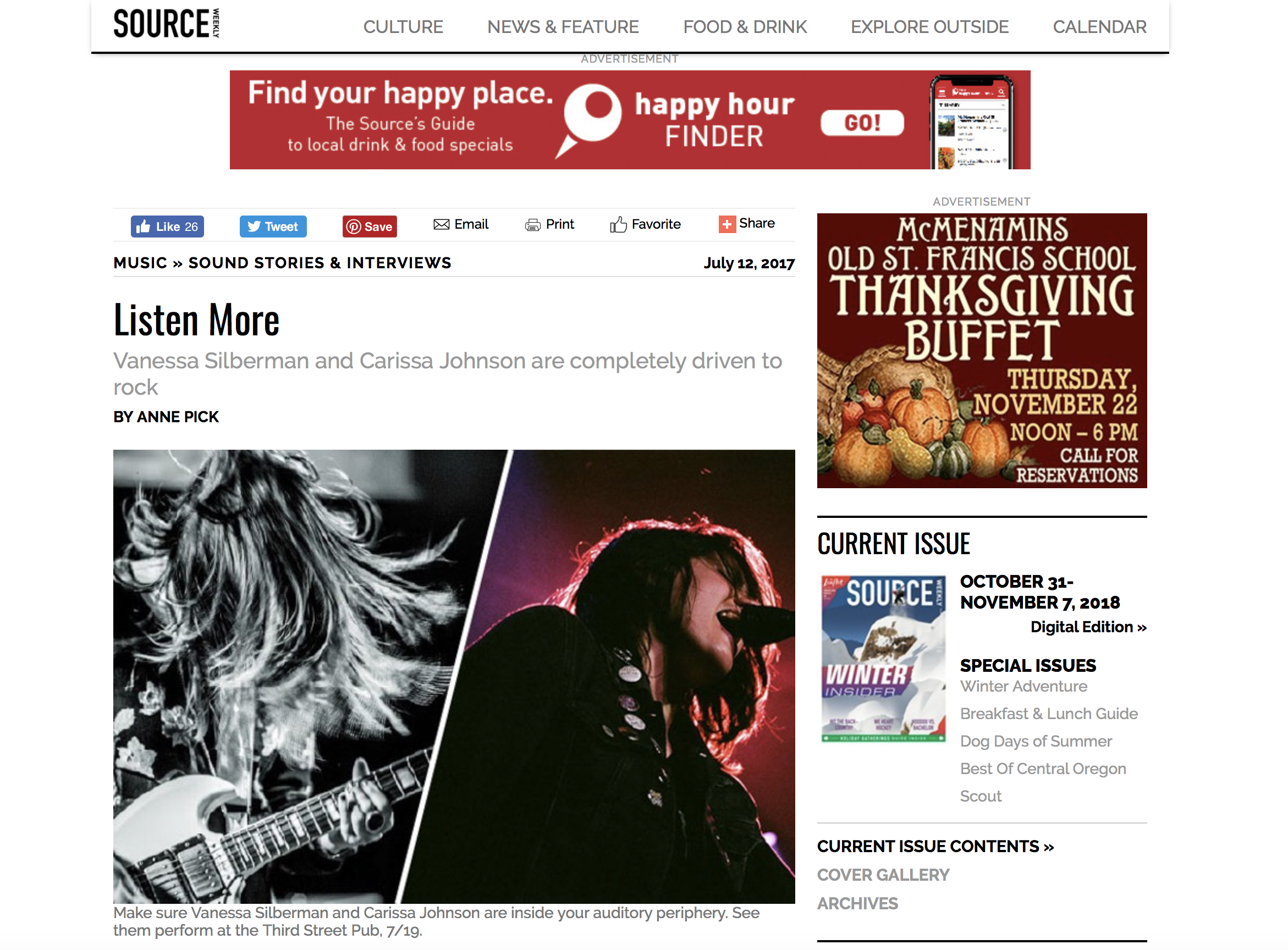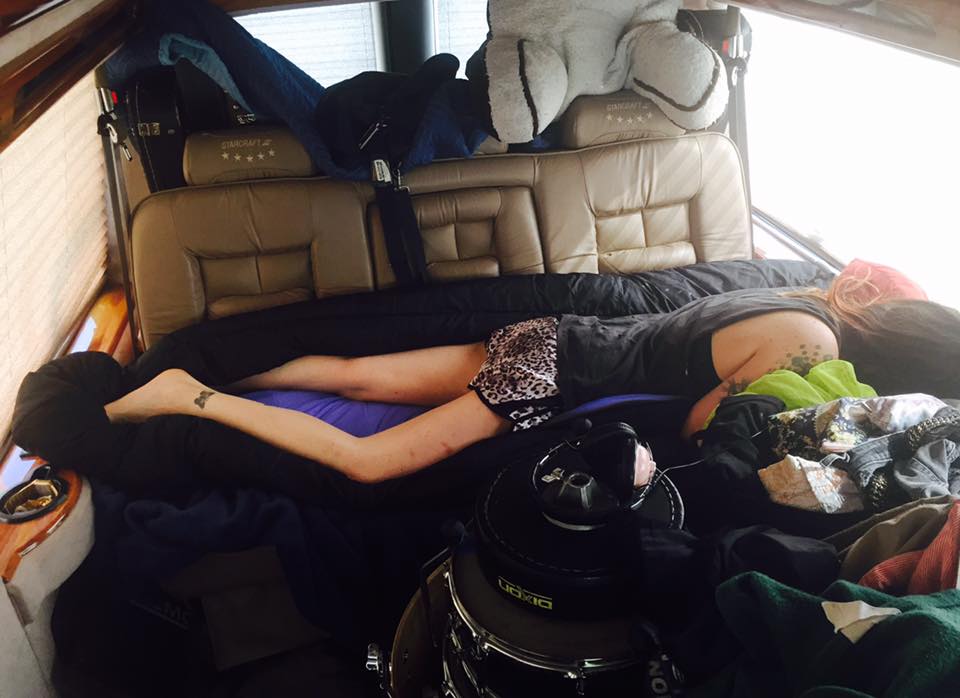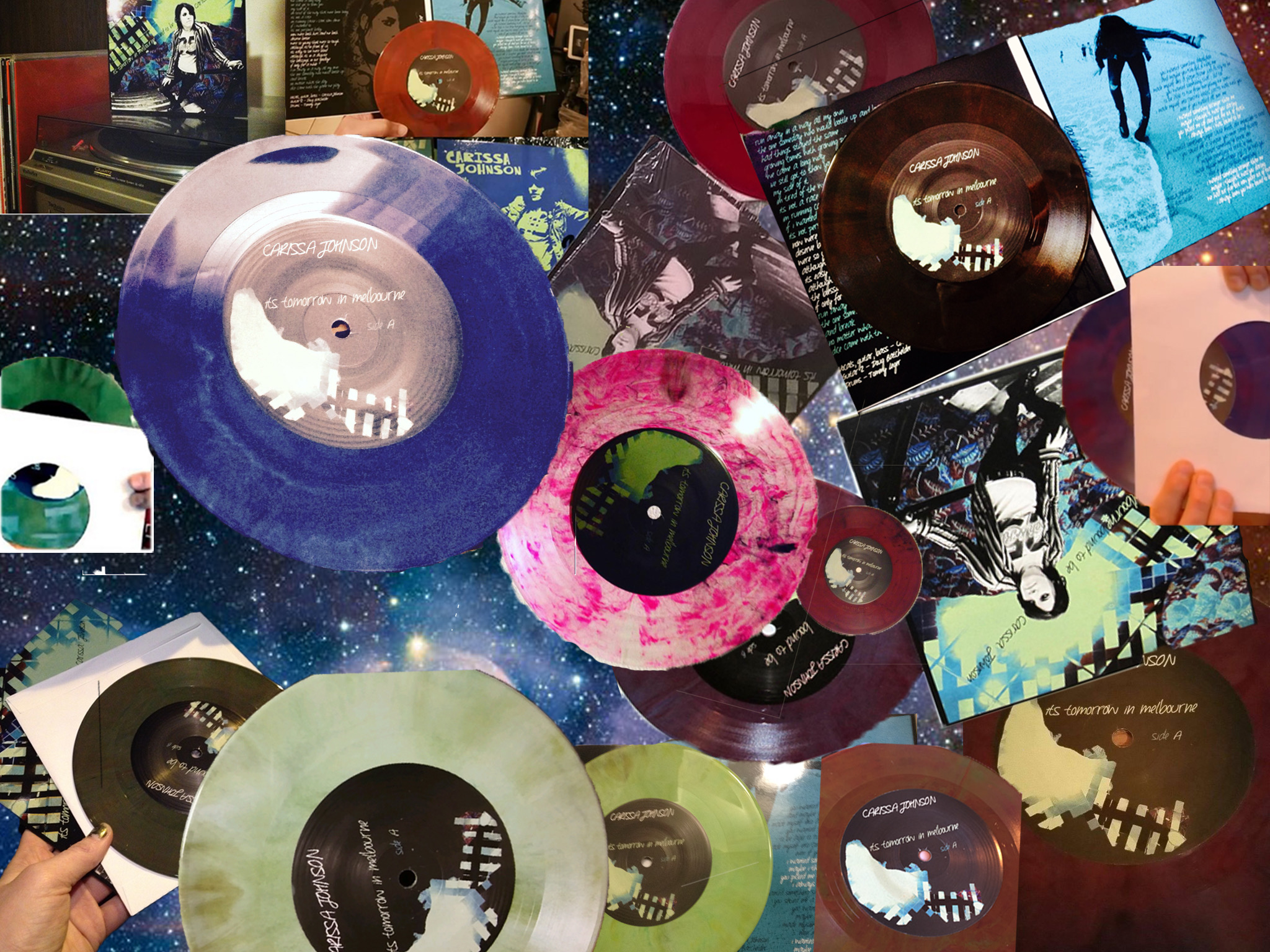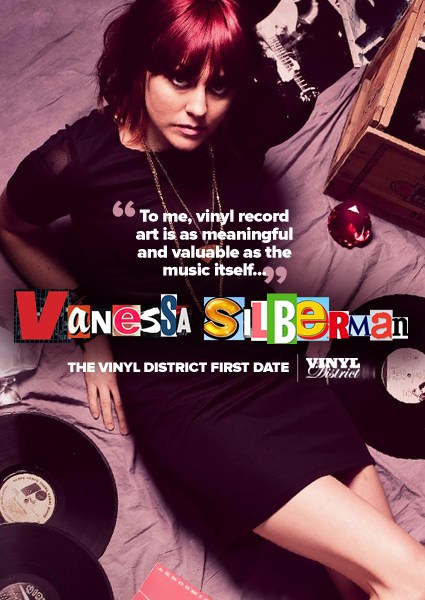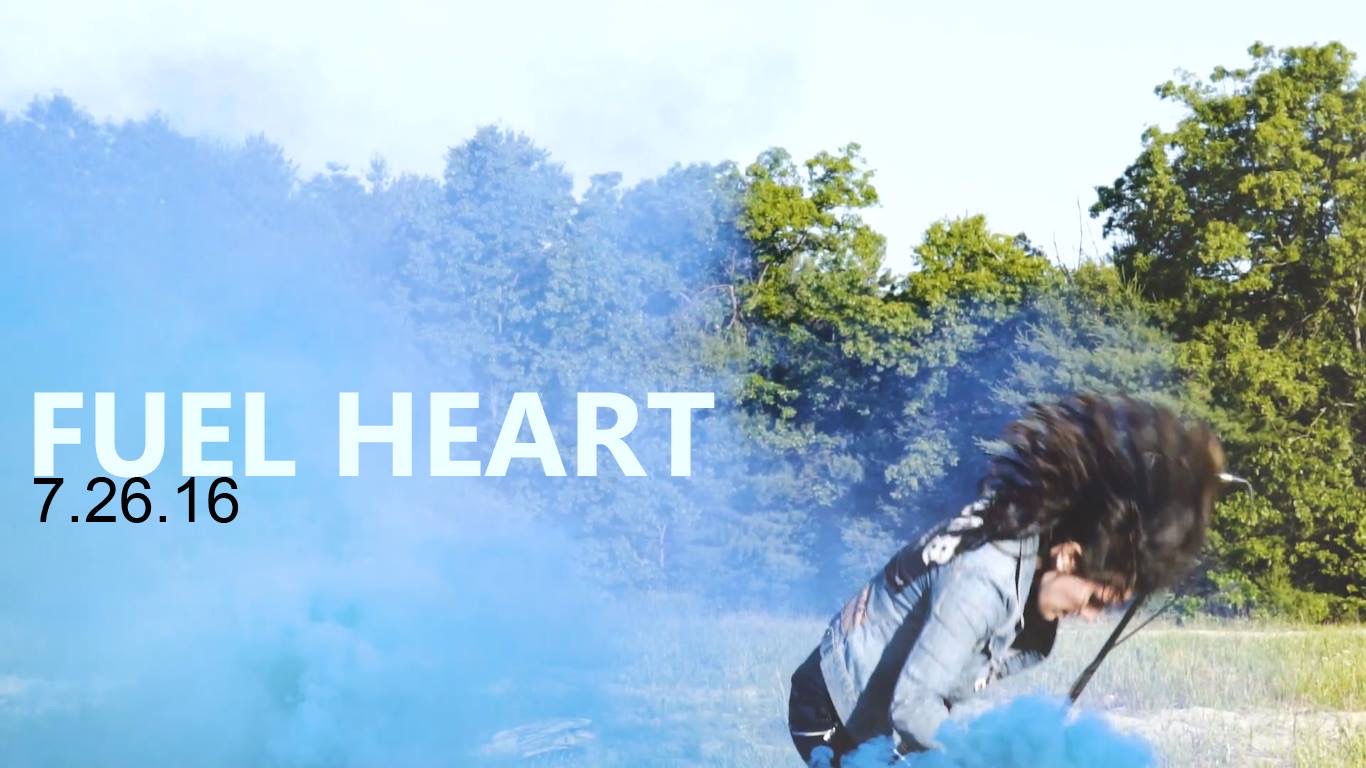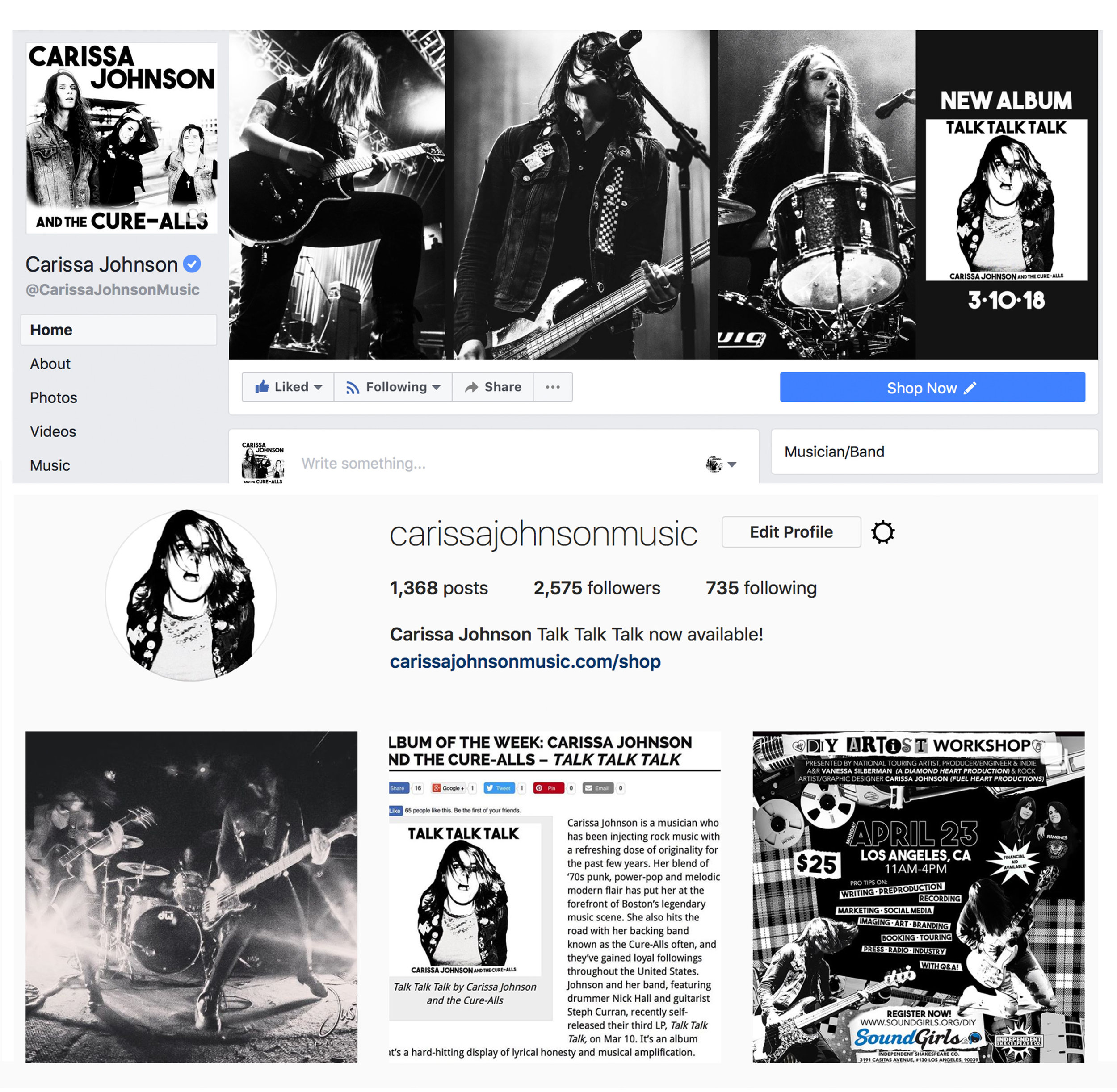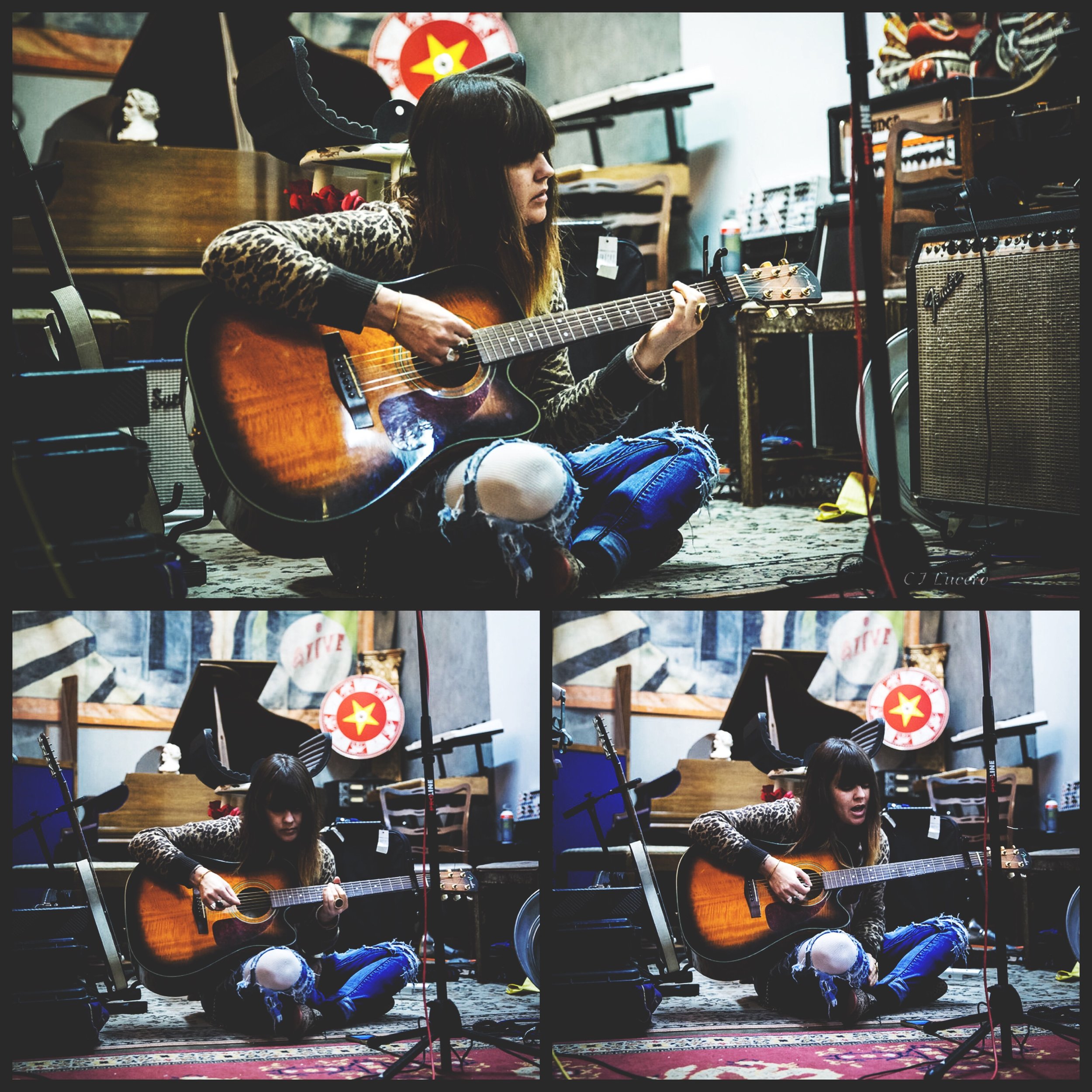When you release an album, an EP, a music video, or have an important show event coming up that your fans should know about, as well as future fans and industry people, it is important to get coverage! In addition to promotion by you the press is very important for awareness. Online exposure especially, since that’s where most people get their news nowadays. There are many outlets all over the country and all over the world who do reviews, features, premieres, and interviews on indie artists and bands. There are also plenty of people online who are interested in listening, watching & reading about music stories, discovery get new artists or hearing about tours from known and unknown artists. Many magazines and newspapers have the majority of their stories available online now, whether they still print physically or not, and a lot of them now have their own music blogs.
Things to get press coverage for:
⁃Important upcoming shows, tours, charity events, free events or appearances
⁃New album, New EP, or New single
⁃New music video
⁃Any important news item regarding your band/music
-Reviews
-New Tour dates
The most important thing about getting press is: LEAD TIME & PLANNING!
*Tip & Examples: Let’s say you have an EP coming out in two months but no shows booked. Consider booking a release show near or on the EP release date. You could offer a local music blog a new song off the EP as a premiere on their site before it comes out. That way, the blogger can promote and mention your EP and your show to hype your audience and get people ready for the new music.
After your release, consider shooting a music video for a single. You could reach out to a local music blogger for a premiere. They can also mention your local show dates in the post… or you could consider approaching a national music blog for the premiere or online magazine for a review. If you have a tour coming up, you could tie it in with that as well! The ideas are endless.
When pitching to online press, it’s important to keep in mind how to reach out properly:
⁃Send an e-mail to the official e-mail of the site or blog - usually listed in the “Contact” section on a website or will have a spot for “Submissions.”
⁃Address the interviewer or individual who is covering your story in a polite manner, and send all the important info in a very clear, concise and organized way.
-Keep the subject simple - or think of some clever wordings for your subject lines.
⁃Send your pitch 2-3 months in advance (This is just a suggestion as 5 weeks is a typical deadline for physical press, but online will vary site to site).
⁃If you don’t receive a response in a week-ten days, try following up.
⁃Keep in mind the audience of the blog/site/press you are reaching out to, would this audience appropriately suit your sound/vibe?
-Tip: The Hype Machine (http://hypem.com) is a great site that collects articles and you can search bands you think you sound like and find the related blogs that might be a great fit to contact.
⁃Reach out to press in the area you are from, or the place you play the most, and if you have any shows coming up in other areas, reach out to press there too!
-Reach out to national and international sites for interviews, features and reviews too.
⁃If one site is doing a feature for a new music video, or a premiere of a song, sometimes you can only limit this to one for the “Official Feature” of it. Ask if it is unclear - or if it’s possible to get multiple outlets to cover the same thing if it’s offering different things. This will vary and most blogs like to be the FIRST & THE ONLY ONE TO PREMIERE IT.
⁃Once you get a feature or any sort of coverage on a blog, be sure to promote it! Thank the person who worked on the press for you - fans will love to read all about it and share it with their friends.
-The difference between a “Feature,” “Premiere,”and “Review”
A “Feature” is an article or blurb devoted to the treatment of a particular work for promotional purposes.
A “Premiere” is the FIRST showing of a piece of work, usually includes some notes on the work from the writer.
A “Review” is a publication with critical articles about a piece of work.
-Tip: if you or your band has some money saved you can consider paying and hiring a PR company who already has relationships with blogs and magazines. That way you have a professional (who does this every day) helping you. Both ways work though and just because you hire a Publicist unfortunately things are not guaranteed.
Typically a publicity campaign can run from $500-2500+ a month and can get more expensive the more high profile the outlets you’re going after. If you’re ever unsure ask the PR Company or publicist to provide a list of clients or ask around to any friends whom may have worked with companies to get feedback.
Tip: Where to search for press outlets, try google searching ‘the city’ your playing and ‘magazine‘, ‘Music Magazine’, ‘Music Blog’ or ‘news paper’ (example: Los Angeles Music Blog’. Recommended Site:http://www.abyznewslinks.com/ (this site lists news media outlets by city & state).

